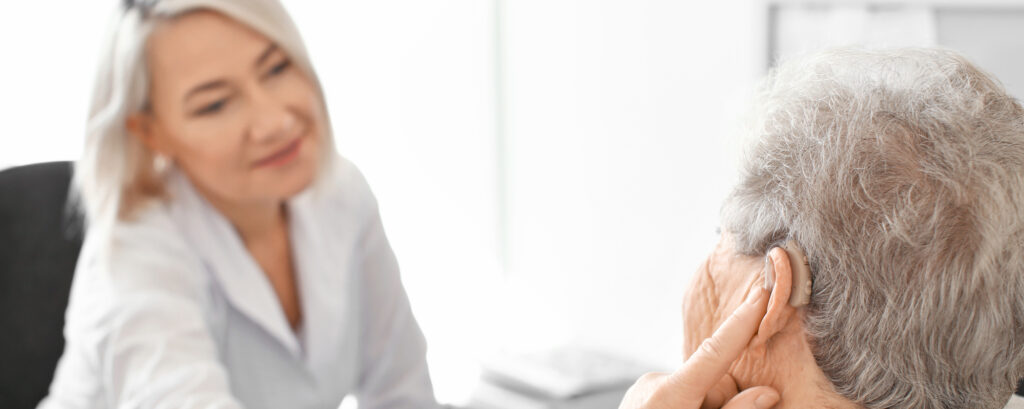
Investing in your hearing is not a frivolous expense. With that investment, there is a certain amount of maintenance required to ensure you get the most out of your hearing aids. There are many preventative measures you can do at home to maintain your investment and keep your hearing aids in optimal working condition.
Daily Cleaning
Two of the most important things include wearing your hearing aids daily and cleaning them daily. The best hearing aid cleaning device on the market you probably already have in your home! The old reliable toothbrush. Dry, with nothing on it.
Earwax is known to be hearing aids’ kryptonite. Earwax and debris can accumulate overtime on the speaker, preventing the sound from getting into your ear. If left without cleaning, the wax can get inside of the speaker and damage it. The only thing we can do at that point is to send it to the manufacturer if it’s still under warranty.
To prevent the earwax from accumulating and to keep your hearing aids in your ears is to brush them daily. One area you want to brush is the speaker or receiver. This is the piece that goes inside of the ear. The other area is the microphone. This area is located either on the top of the hearing aid if it’s a hearing aid that goes behind the ear or on the faceplate of the device if the hearing aid fits completely inside the ear.
Both areas should be brushed in the morning. By using the dry toothbrush the ear wax comes off very easily. Make sure to brush carefully without too much force or you can risk damaging the speaker or microphones.
You can also wipe your devices with a cloth.
Keep away from water!
Exposure to moisture such as water, condensation, perspiration, and humidity can damage your hearing aids. Although most hearing aids today are equipped with a special coating to help repel moisture, they are not waterproof.
If your hearing aids are submerged in water remove the battery and open the battery door and contact your hearing professional right away. Do not blowdry your hearing aids or put them in the microwave as this will cause more permanent damage.
To avoid exposure to excessive moisture, remove your hearing aids when showering, going swimming, or getting a haircut. Getting caught in a rainstorm or perspiring while exercising is okay, just make sure to remove your hearing aids and dry with a cloth as soon as you get home.
If you use any ear drops, talk to your hearing care professional. To prevent the moisture from the drops from getting inside your hearing aids make sure the drops are fully absorbed before inserting your hearing aids. The best time to use drops would be at night and to dry your ears in the morning with a cloth before putting on your hearing aids.
If you have concerns regarding your hearing aids exposure to moisture, ask your hearing care professional about the use of a dry aid kit.
Prevent Damage
To help prevent damage we recommend keeping your hearing aids in a case or container when they are not in your ears. This will help protect them from accidental damage. We also recommend keeping them in the same spot to prevent loss and the risk of them falling on the floor.
Hearing aids are small yet durable. If you accidentally drop your hearing aids they will most likely be fine. Just be mindful as to where it may have fallen to prevent someone from stepping on it or your pet running along and scooping it up in their mouth!
If your hearing aid is stepped on or the dog chews it up, call your hearing professional right away. Do not try to glue it back together or wear it if it’s damaged.
Hearing aid care can seem overwhelming at first but by following these steps you are sure to get the most out of your hearing aids to keep your hearing aids in optimal working condition.
Remember:
- Wear your hearing aids daily
- Brush the microphone & speaker daily
- Avoid getting the wet
- Keep them in their case when they’re not in your ears to prevent loss or serious damage